Commonwealth Games 2022: Australia on mission to top medal tally and beat England
Australian team bosses aren’t too fussed about how many medals we bring home from Birmingham. But there is an arch rival in our sights.
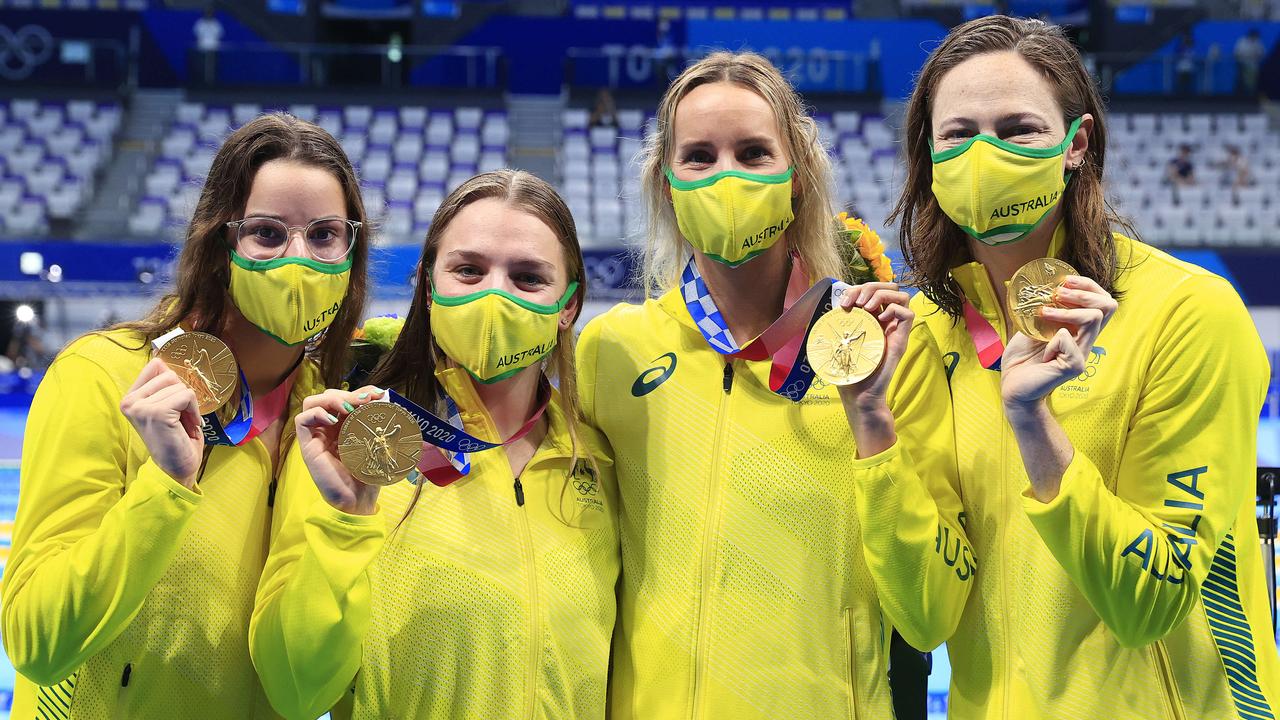
They might be called the friendly games but Australian team bosses have set the 435 athletes bound for Birmingham one mission – beat England on their home turf.
Commonwealth Games President Ben Houston said team bosses had not set a specific goal on how many gold medals they want to return from the Birmingham Commonwealth Games with but the goal was to top the medal tally and once again beat England.
Australia claimed 198 medals at the 2018 Gold Coast Games to top the medal tally, ahead of England who only returned home with 136.
England outperformed the Aussies in Glasgow with 174 medals to our 134.
While Australia reigned supreme in 2010 finishing with 180 medals to England’s third placed effort of 140.
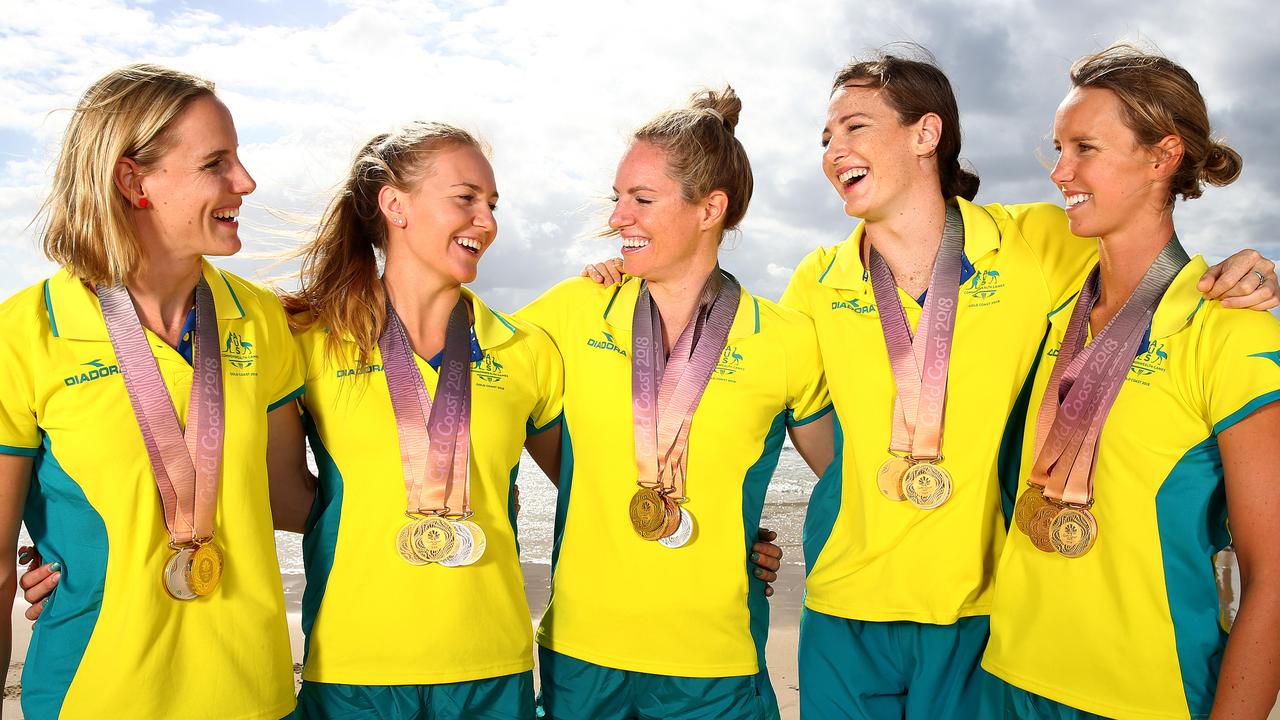
The Australian team medal record at a Commonwealth Games is 221 from Melbourne in 2006. Our biggest gold-medal haul was 87 in Victoria in 1994.
“Our target is lots of medals and lots of gold medals,” Houston said.
“We know that the English were a bit miffed that they didn’t do as well as they should have on the Gold Coast and they will be hard to beat at a home Games.
“We are expecting to have that competition from England.
“It is called the friendly games but at the Gold Coast nine world records were broken so there is some real competition and all our Australian athletes are going for gold.”
Swimming superfish Emma McKeon will be out to collect a few of those gold medals.
She is the most decorated Commonwealth Games athlete on the team, with eight gold and four bronze medals.
McKeon is eyeing off the all-time record of 10 gold medals held by fellow swimmers Ian Thorpe, Susie O’Neill and Leisel Jones.
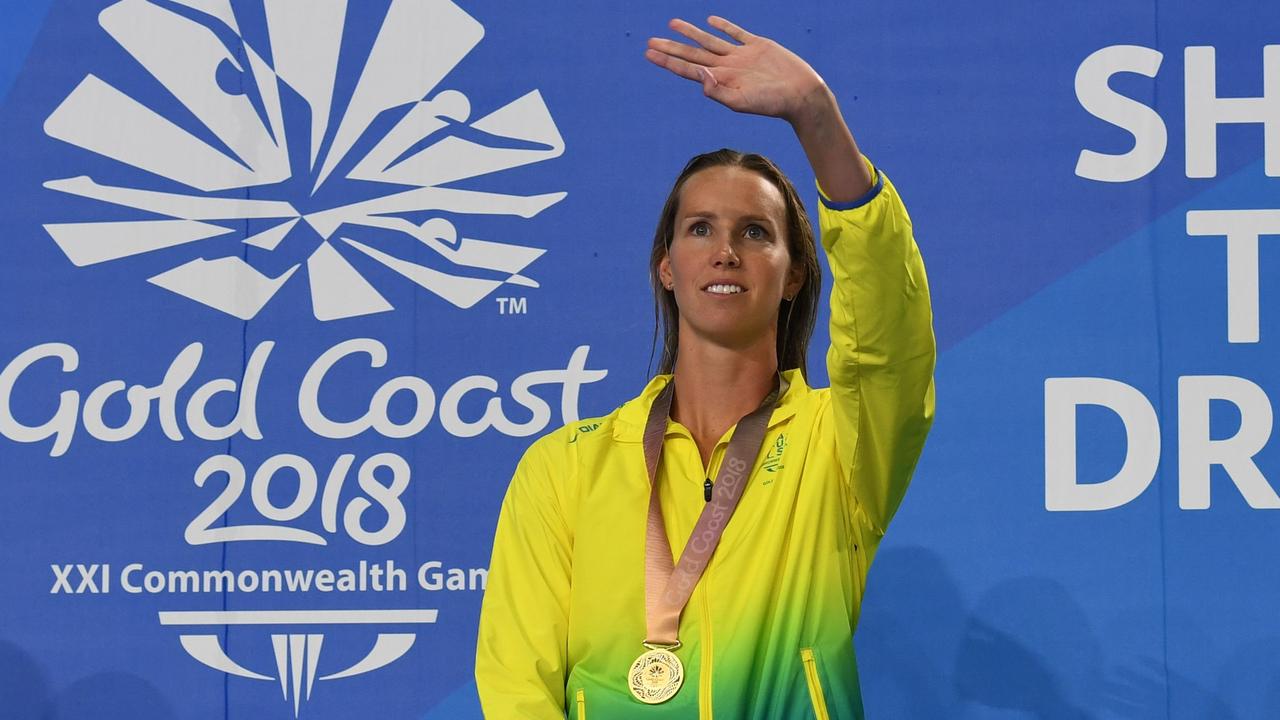
The 435 strong team is the largest Australia has taken to an away Commonwealth Games.
“Commonwealth Games Australia prides itself on celebrating diversity and inclusion,” Houston said.
“We are proud to be sending a team that has a record number of Indigenous athletes, a strong contingent of women and the most Para-sport athletes we have ever taken to a Games.”
While having a big team increases our medal chances it also creates a risky environment for Covid-19 to spread.
Houston confirmed Australian athletes would take zero risks, including donning masks, social distancing and limiting exposure to public places.
“We are controlling the things that we can control,” Houston said.
“That is all we can do. There will be some things out of our control and we try to mitigate the risks association with that but Covid is ever present and certainly will be in Birmingham.”
Houston said he was excited to watch the action unfold.
“Commonwealth Games Australia prides itself on celebrating diversity and inclusion. We are proud to be sending a team that has a record number of Indigenous athletes, a strong contingent of women and the most Para-sport athletes we have ever taken to a Games.
No cheer: Aussies banned from supporting from the stands
Australian athletes will face mask mandates and will be banned from spectating other events at the Commonwealth Games in Birmingham later this month as team bosses move to protect the entire Games team from a Covid-19 outbreak.
While there won’t be a full Covid-19 bubble as athletes experienced at the Tokyo Olympics last year, Australian competitors will face protocols which go above and beyond those put in place by Games organisers.
Australian Commonwealth Games Chef de Mission Petria Thomas said the tough measures would be implemented to keep the athletes safe, fit and healthy.
While not able to reveal all the details, Thomas confirmed athletes would be required to wear masks when not in their rooms or exercising outdoors.
Aussie athletes also won’t be able to cheer on teammates at other sports in a bid to limit their exposure to the public.
“Covid has played a significant factor in our planning for these games,” Thomas told News Corp on Wednesday.
“It is still having a massive effect on our community in Australia and around the world.”
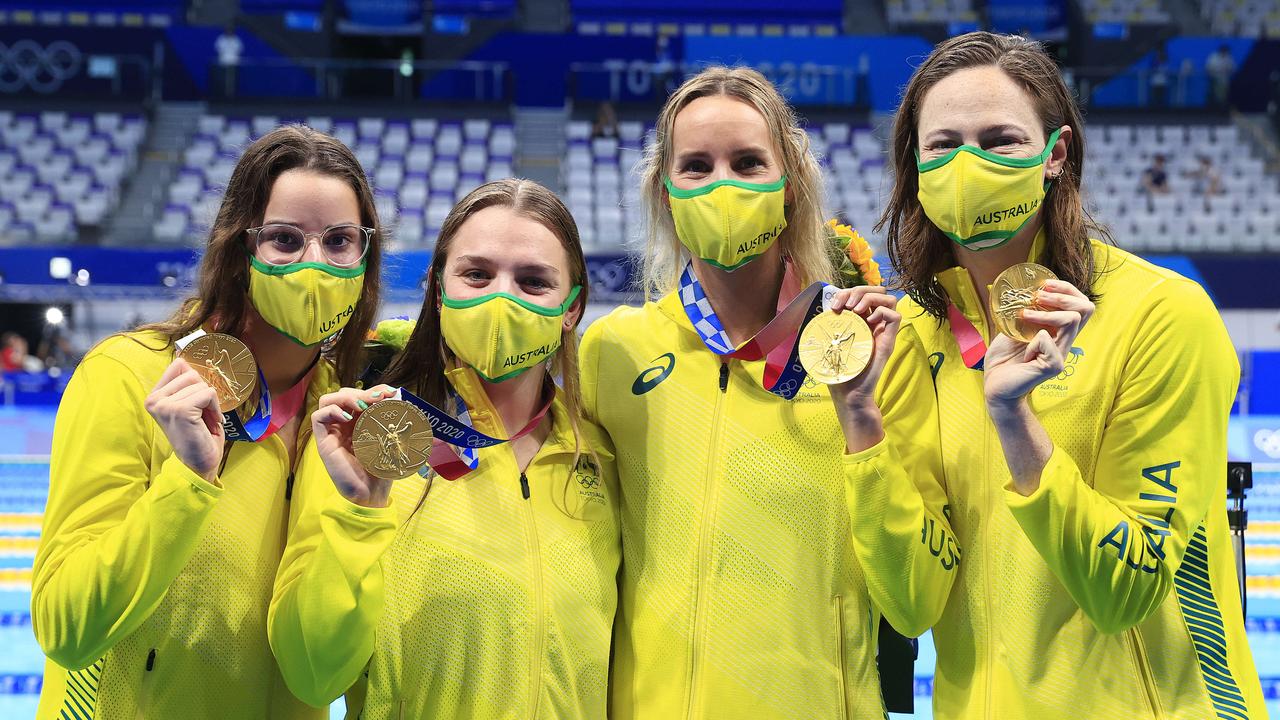
The Games organising committee released a playbook featuring its Covid-19 rules.
Concerned it didn’t go far enough to protect athletes, Thomas said Australian team members would be subjected to a few extra rules.
“Our primary focus is that we can get our athletes to the starting line and they are performance ready,” Thomas said.
“The only time our team members will be able to remove their masks is when they are either by themselves, such as walking outside or in their room.
“We have to put these measures in place to minimise the transmission of Covid and other diseases as well.”
While adamant the rules won’t be as strict as those put in place during the Tokyo Olympics, athletes movements will be restricted – particularly around public places.
Unlike Tokyo, athletes won’t be forced to leave within 48 hours of their events finishing.
“They will be permitted to stay with their team and support their team, but there won’t be an opportunity to go and watch other events because unfortunately those seats will be in public spectating areas, which presents a very high risk of Covid-19 transmission,” Thomas said.
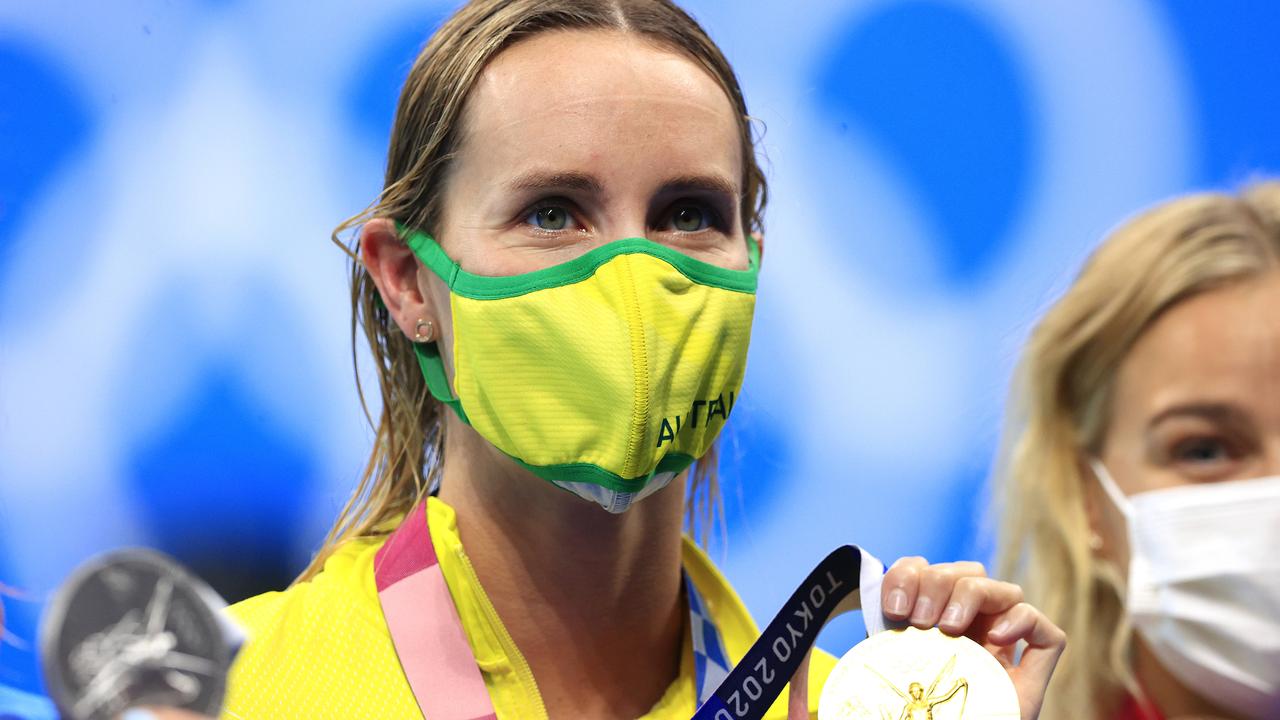
Up to eight international athletes, including Australian Lani Pallister, tested positive to the virus at the recent World Swimming Championships in Budapest – forcing many to miss out on a shot at a medal.
Thomas said it was something the committee did not want to see happen in Birmingham.
“It reinforced the importance of having those protocols in place because there were people that missed events and had to spend time in isolation, and that is what we don’t want to happen,” she said.
“Some of these decisions that we are putting in place, they have been hard decisions, because as a former athlete I certainly know one of the great things about the multi-sport games is that interaction with other countries and fellow Australian team members and being able to get out and support and watch other sports.
“But it just places too much risk for transmission, which is going to affect the performance of the team.”
The Games run from July 28 to August 8.




